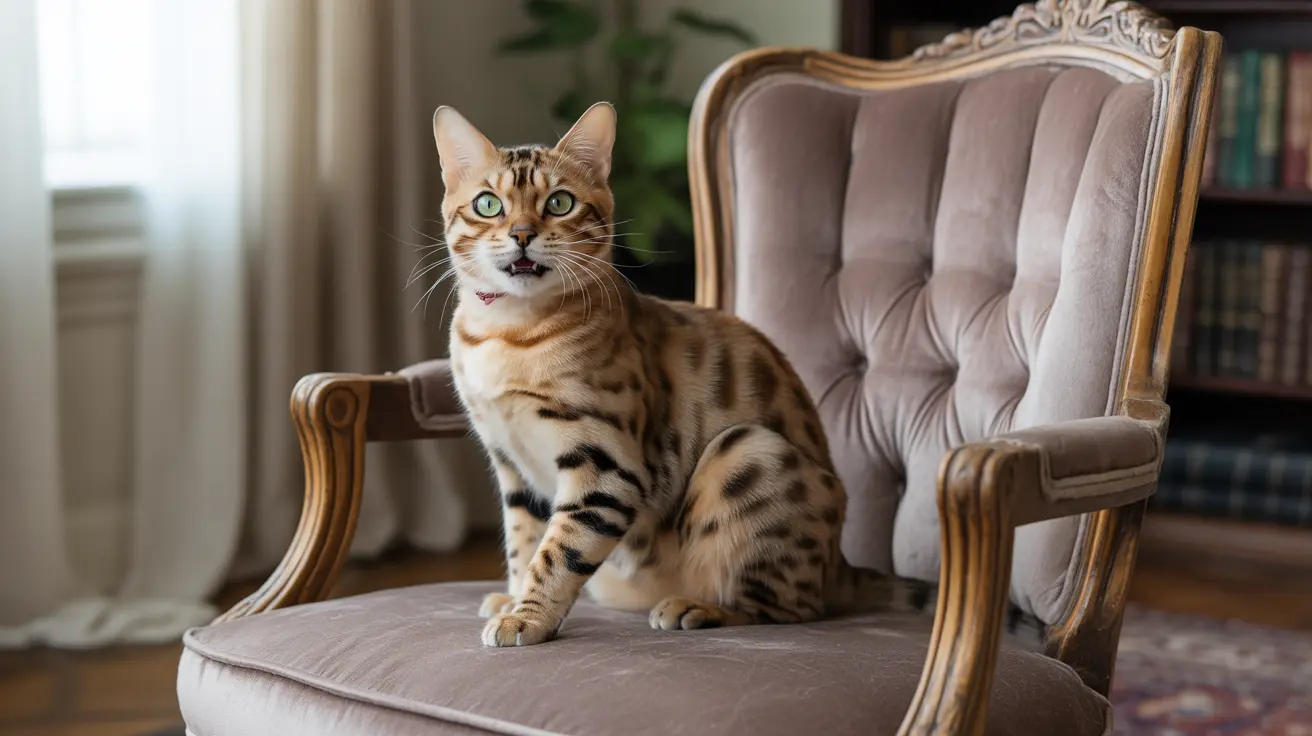Common Causes of Voice Loss in Cats
Upper Respiratory Infections
One of the most frequent causes of voice loss in cats is upper respiratory infections. These infections can inflame the vocal cords and surrounding tissues, leading to temporary hoarseness or complete loss of meow. Symptoms often include sneezing, watery eyes, and nasal discharge alongside vocal changes.
Laryngitis and Vocal Cord Strain
Just like humans, cats can develop laryngitis from overuse of their vocal cords. Excessive meowing, particularly during periods of stress or anxiety, can lead to temporary voice loss. This condition usually resolves with rest but may require veterinary attention if it persists.
Medical Conditions Affecting Cat Vocalization
Physical Obstructions and Injuries
Throat injuries, foreign objects, or growths can prevent normal vocalization. These issues may develop suddenly or progressively and often require immediate medical attention, especially if accompanied by difficulty breathing or swallowing.
Neurological and Systemic Disorders
Various systemic conditions, including thyroid disease and neurological disorders, can affect a cat's ability to meow. These conditions typically present with additional symptoms and require comprehensive veterinary care.
When to Seek Veterinary Care
Immediate veterinary attention is necessary if your cat:
- Shows signs of respiratory distress
- Has difficulty swallowing
- Exhibits behavioral changes
- Experiences prolonged voice loss
- Displays additional concerning symptoms
Treatment and Recovery
Treatment approaches vary depending on the underlying cause but may include:
- Rest and supportive care for mild cases
- Antibiotics for bacterial infections
- Anti-inflammatory medications
- Surgery for physical obstructions or growths
- Treatment of underlying systemic conditions
Prevention and Long-term Care
To help prevent voice issues in cats:
- Maintain regular veterinary check-ups
- Keep vaccinations current
- Reduce environmental stress
- Monitor vocalization patterns
- Provide a healthy, stable environment
Frequently Asked Questions
Why has my cat suddenly stopped meowing or lost its voice?
Sudden voice loss in cats can result from various causes, including respiratory infections, laryngitis, vocal cord strain, or underlying medical conditions. Any sudden change in vocalization warrants veterinary attention to determine the specific cause.
What health conditions can cause a cat to have a hoarse or raspy meow?
Hoarse or raspy meowing can be caused by upper respiratory infections, laryngitis, physical injuries, growths in the throat, or systemic diseases affecting the vocal apparatus.
How can stress or changes in environment affect my cat's meowing behavior?
Stress and environmental changes can lead to excessive meowing, resulting in vocal strain, or cause cats to become quieter due to anxiety or emotional distress. Maintaining a stable environment helps prevent stress-related vocal issues.
When should I take my cat to the vet for a change or loss of meow?
Seek veterinary care if voice changes persist beyond a few days, are accompanied by other symptoms, or if your cat shows signs of distress or difficulty breathing.
How can I help my cat recover if it has lost its voice from overuse or laryngitis?
Provide a quiet, calm environment, ensure access to fresh water, and limit situations that might encourage excessive vocalization. Follow your veterinarian's recommendations for rest and any prescribed treatments.
Remember, while some cases of voice loss are temporary and resolve with rest, others may indicate serious health issues. When in doubt, always consult with your veterinarian to ensure your cat receives appropriate care and treatment.






